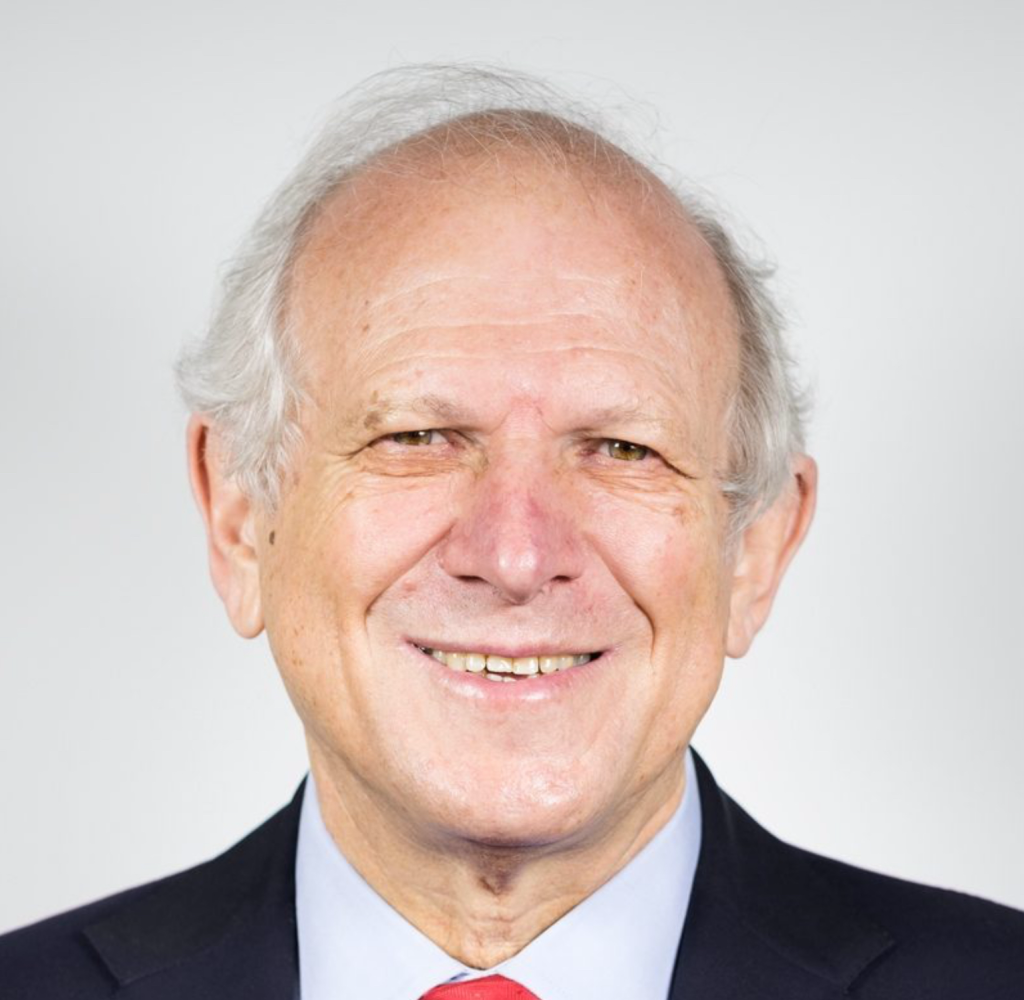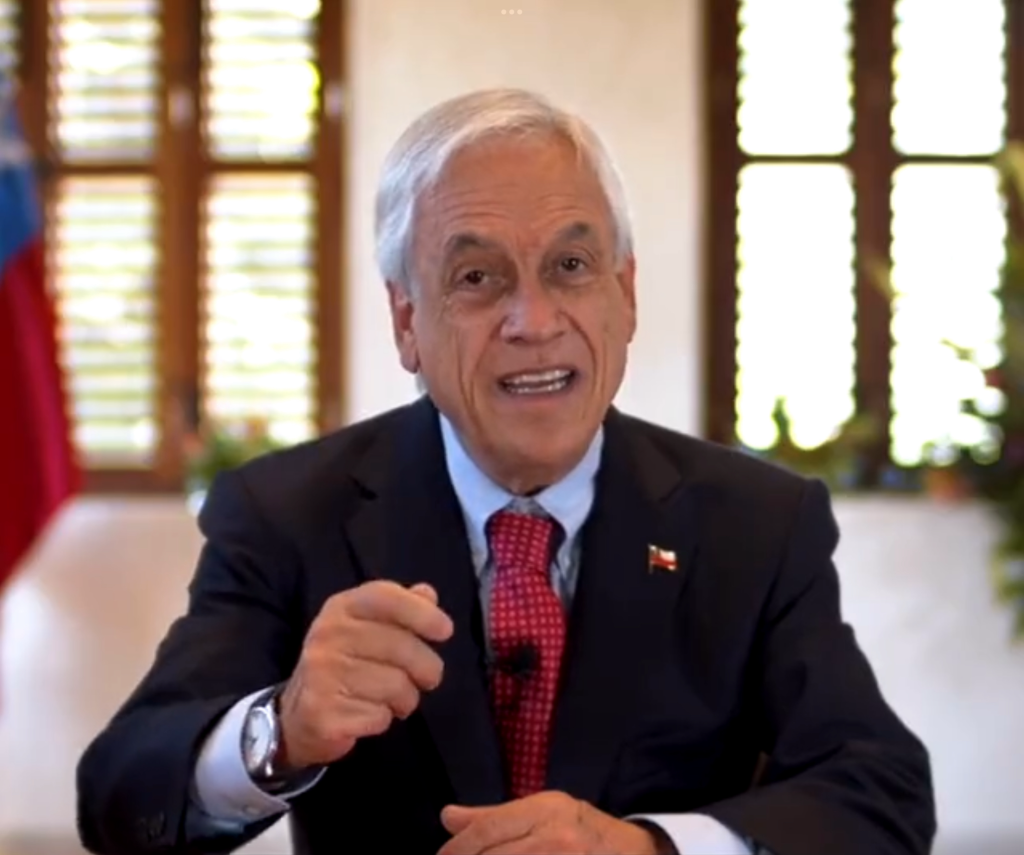
THE 'COOLEST DICTATOR IN THE WORLD' SWEEPS IN VIOLENCE AND SHINES IN SOCIAL NETWORKS
By Pedro Araújo, editor of Jornal de Noticias, Portugal
The idea of suspending democracy to solve problems faster can precipitate the end of a political career in Europe, as happened in Portugal, but not in El Salvador, a small Central American country with a president who has already called himself “the world’s ‘coolest’ dictator.” His name is Nayib Bukele and today he will be reelected (NDLR: this article was originally published in Jornal de Noticias on Sunday, February 4, the day of the elections, which Bukele won by a landslide, as predicted). His great merit is to have imprisoned 70,000 violent gang members.
He is the second politician in the world with the most followers on TikTok and uses the X network like no one else. It was on his former Twitter account where he called himself “the world’s ‘coolest’ dictator” in 2021. Now he calls himself “philosopher king”. Son of aristocracy, 42 years old, married, father of two daughters, he presents himself as if he were a Westernized star. In January, he did not miss the opportunity to meet Lionel Messi when Inter of Miami visited El Salvador. He is the founder of Nuevas Ideas, a party that emerged last year. He was mayor of San Salvador and was elected president of the Republic in 2019.
When he took office, Bukele negotiated for several years with the gangs that made El Salvador a hell. In 2015, the homicide rate was 103 per 100,000 inhabitants. Last year, there were only 154 murders, an average of 2.4 per 100,000 inhabitants How was this possible? In 2022, Bukele declared a state of emergency, built a mega-jail and put nearly 70,000 violent gang members behind bars. All this in less than a year.
LEAD IN THE POLLS
The latest poll gives Bukele a landslide victory (70%) in the presidential and legislative elections, which are also being held this Sunday. “Bukele has taken measures that both ARENA and the FMLN could have taken, (both spent 30 years in the presidency), but those parties did not have the political will to do so. What’s more, the Executive financially asphyxiated the parties so that they would not campaign,” Gabriel Campos, political editor of the Salvadoran daily La Prensa Gráfica, told JN.
POVERTY
Violence is over, but are Salvadorans living in poverty? “The poverty level was between 29.8% and 30.4% between 2019 and 2022, and it is estimated that it will not improve in 2023. A quarter of Salvadorans want to emigrate to improve their lives,” says Orestes Membreño, independent journalist. “The price of the basic food basket increased significantly during Bukele’s term, as did the cost of housing and access to bank loans. A legislative reform cut access to part of the total pension, which provoked criticism from the population,” recalls Gabriel Campos.
Bukele is far from attracting only a large part of his electorate. “Honduras has already taken some security measures similar to those in El Salvador, applying an exception regime and providing military security in prisons, but a legislative balance has prevented his progress, while a presidential candidate in Argentina [not elected] has declared that he would replicate Bukele’s model,” says Gabriel Campos.
The political struggle is unequal. Orestes Membreño reveals that the government’s “Remember this” campaign, which promotes the exception regime still in force, has received an advertising budget of more than US$2.3 million. Opposition parties, on the other hand, no longer receive public funding. And, in fact, Bukele could not even be a candidate, but withdrew six months ago to circumvent the Constitution. And the Supreme Court validated it.
FIRST COUNTRY TO OFFICIALLY ADOPT BITCOIN
In September 2021, El Salvador became the first country in the world to establish bitcoin as legal tender, alongside the US dollar. At the time, it received harsh criticism from the International Monetary Fund (IMF), which has now taken advantage of the elections to push for the country to abandon the project. However, Felix Ulloa, the vice-president who has been replacing Bukele for six months so that he can run again for elections within the law, has already said that nothing will change. The construction of Bitcoin City, a tax haven, will go ahead.
INTERVIEW
Carlos Malamud, professor and researcher at the Real Instituto Elcano
‘PRESSURE DECREASES IF TRUMP WINS’
Do the Salvadoran people owe Bukele a debt of gratitude for ending violence?
Bukele has greatly reduced violence in the country and this has boosted the economy. This evolution is more noticeable in the cities and not so much in the countryside. It is true that the confidence of businesses and families has recovered. Even so, forecasts point to a 1.8% growth of the Salvadoran economy, below the Central American average (2.1%) in 2024.
Is the weakness of Bukele’s opponents visible in the polls?
It is true that polls point to a Bukele victory with 70 percent of the vote. The dominance is more overwhelming in the case of the legislative elections, which are also being held this Sunday. There, Bukele’s party, Nuevas Ideas, would obtain 57 of the 60 seats. We are talking, therefore, of an almost unipartisan system.
Is there a risk of contagion in the region?
Bukele is followed by both left and right wing regimes. Pressure on El Salvador to respect human rights will be less if Donald Trump wins the U.S. elections in November. Bukele controls the legislature, judiciary and armed forces. If re-elected, he could be tempted to change the constitution and perpetuate himself in power, as is the case in Venezuela.

This report was originally published in the newspaper Jornal de Noticias, Portugal, with whose authorization we reproduce it.
In this link you can see the original version in Portuguese.



